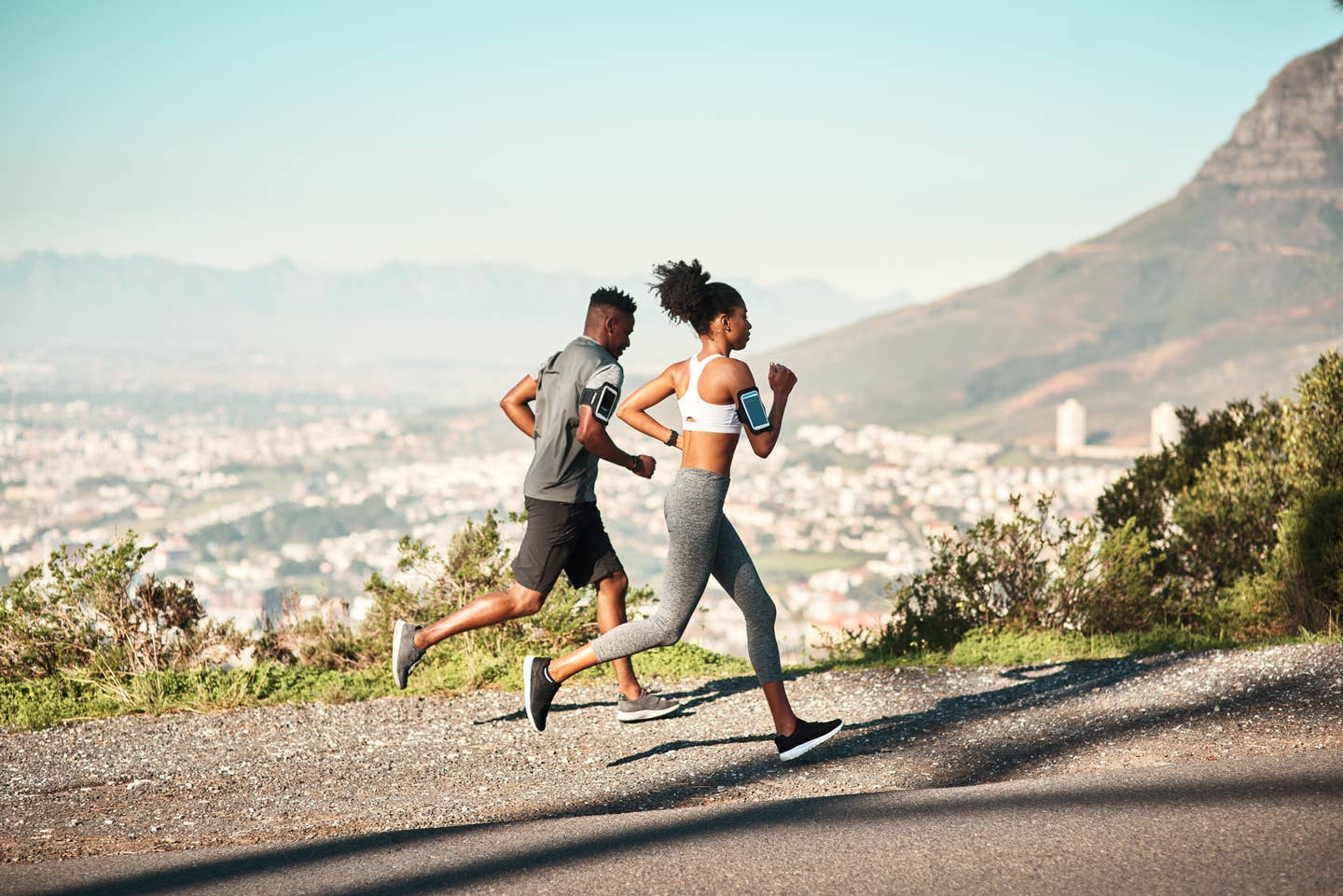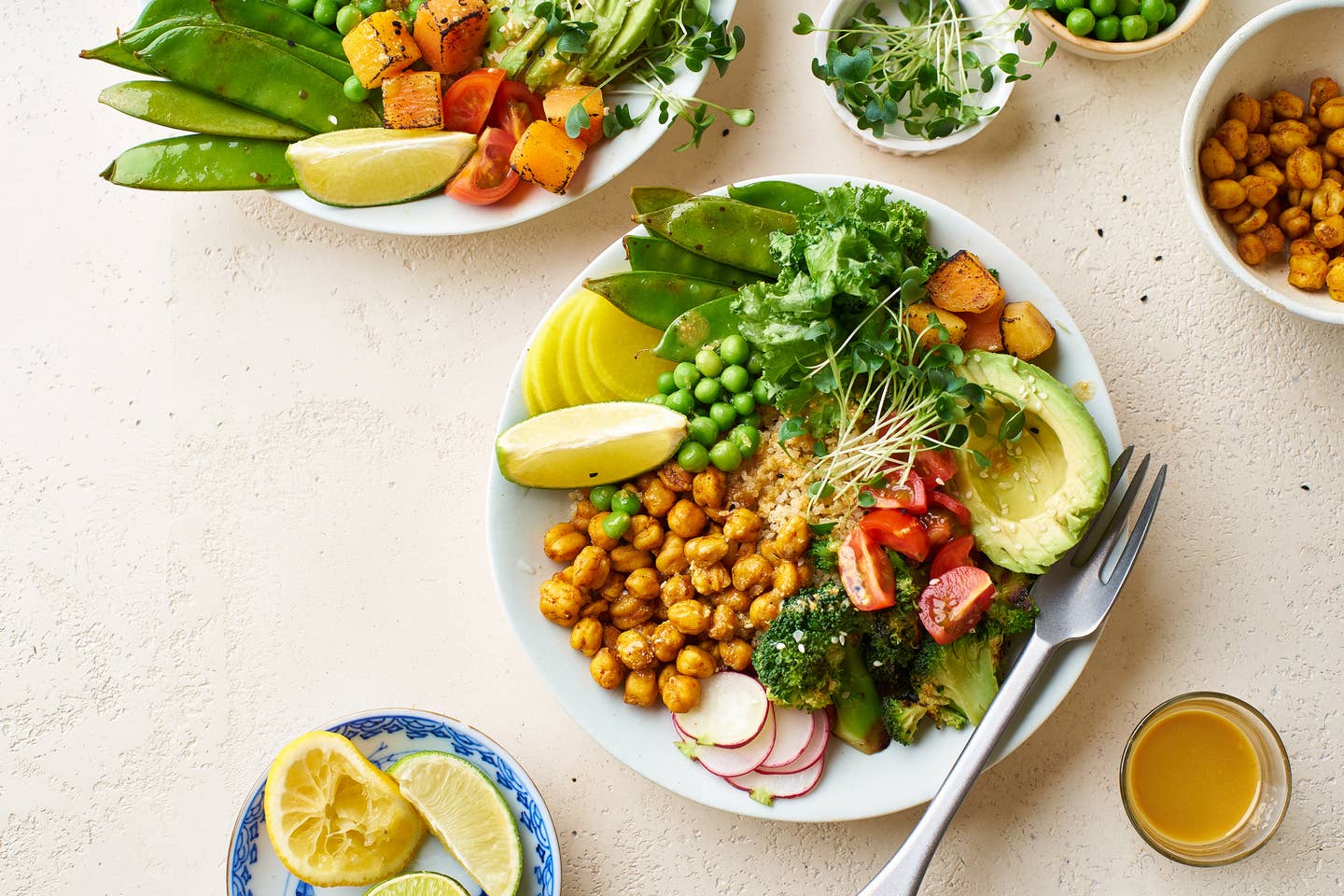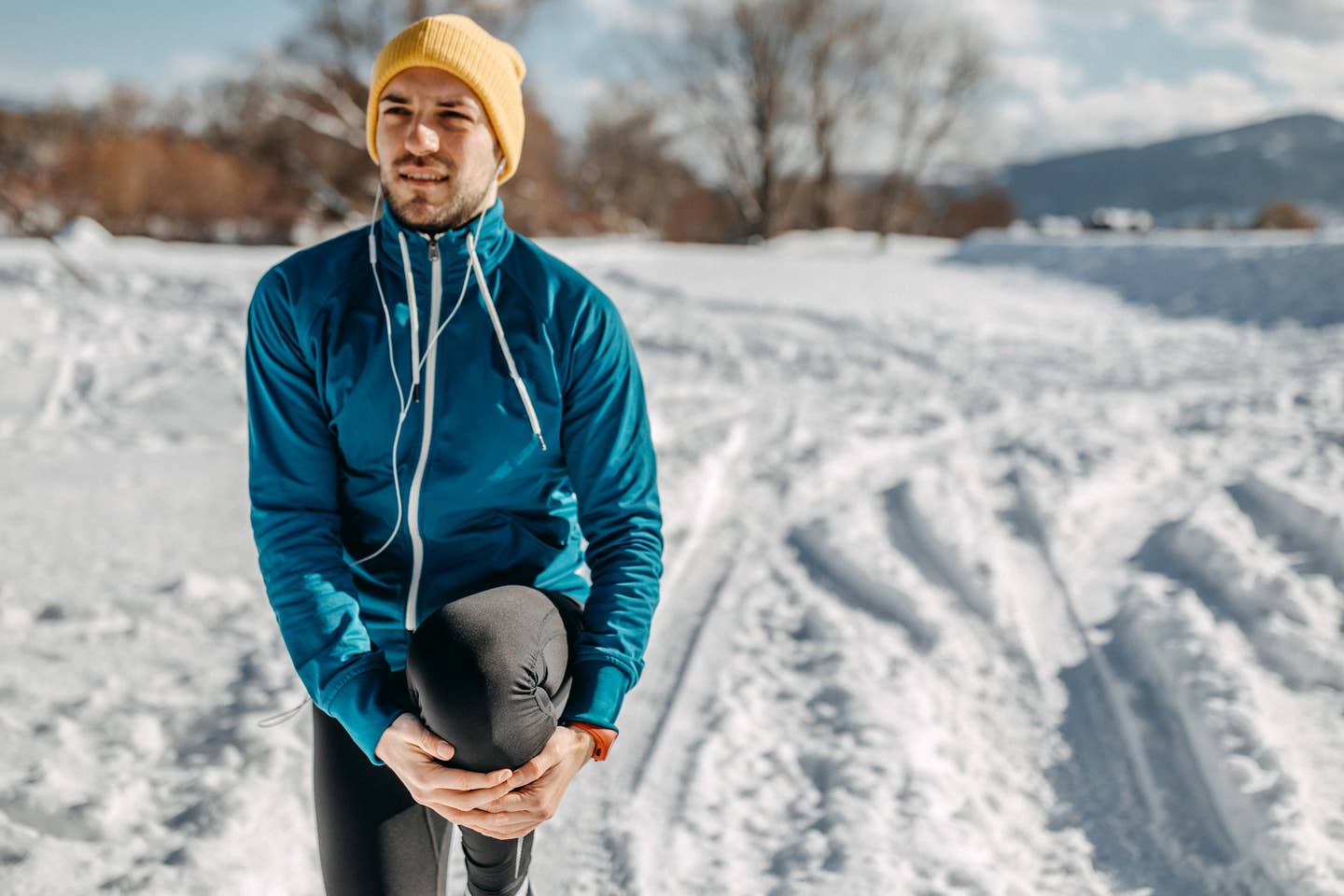
How to Workout and Train Effectively on a Plant-Based Diet
One of the groups that hesitate to go plant-based or vegan, due to their usual training routines, are hard-core athletes or those training for a major event like a marathon. Yet with a little strategic diet and exercise plan, it turns out that what they think will be the biggest challenges when they start a plant-based diet — like where to get your protein — is actually not an obstacle at all. These so-called challenges are easily met, with a little information and a lot of pre-planning.
Athletes tend to be great at planning and are often ritualistic about their training regimens, so actually, they do well on a plant-based or vegan diet. Any athlete, whether a marathoner, a yoga devotee, or an exercise-class junkie, knows that an important component of reaching one's physical goals is sticking to a clean, nutrient-dense diet plan. So, we put together this handy diet and exercise plan for vegan athletes.
If you’ve been thinking about your nutritional needs with respect to your training for the next several months and you want to bring your fitness and health to the next level, you could be ready to take the leap to a vegan diet. It just takes some strategic planning. Plant-based diets are known to help with recovery time, prevent injury (through nutrient-dense food that helps repair body tissue and boost healthy cell generation), and even promote weight loss if that's a goal.
Fitness Plan for Vegan Athletes
So many athletes have watched The Game Changers, the documentary about pro and elite athletes who are plant-based, from Novak Djokovic to Olympians, Strongman Champions, and Venus Williams, all of whom attest to the fact that plant-based eating helps them recover faster and play at the top of their game.
Sports dietitian Torey Armul, MS, RDN, a spokesperson for the Academy of Nutrition and Dietetics, has counseled pro athletes, weekend warriors, and marathoners on how to reach their goals with the help of sound sports nutrition. “I've always been very interested in the performance side of nutrition, as an athlete in college and later as a marathoner,” she says. She has found that plant-based eating and training effectively go hand in hand.
“I think people who are vegetarian or vegan tend to be somewhat more health-conscious and they've done some research — so they often have a leg up on understanding nutrition,” Armul says. “For vegan athletes, [training hard and eating healthfuly] can certainly be accomplished but the program and diet have to be done well, to optimize performance and keep that person healthy as an athlete and an individual.”
It's less about skipping animal protein and more about choosing the healthies whole foods that are part of a performance plant-based diet: Vegetables, legumes, grains, nuts, seeds, and fruit. Here are the so-called challenges that vegan athletes face, and the tools to overcome them
Making a Vegan Diet and Exercise Plan is Important
Being a vegan athlete can feel challenging at first since it requires some rethinking and planning as you get used to eating this new way. Armul recommends working with a registered dietician, especially at the beginning of your program, just to get yourself set up properly.
“You’ll have to focus on your diet as an important part of the training,” she says. But once you get the hang of it, eating legumes, grains, vegetables and nuts and seeds and getting your protein from tofu, tempeh, soybeans, and other plant-based sources, becomes as natural as lacing up your sneakers in the morning. It's helpful to plan your meals in advance, shop for proteins, and build meals around your training schedule.
In addition to training meals, you’ll need to plan out your pre-race nutrition and post-race meals, especially during events that offer fuel you have never tried before. (Once events are back on the schedule since most events are on hold for the foreseeable future.) Now is the time to try out vegan protein powders, refuel options, and training gels or blocks.
You won't want to just grab any old electrolyte gel or sports beans mid-run to replace your electrolytes and energy. The Beet has found several great sources of race energy that are vegan. Check the labels to make sure they're vegan and don’t contain gelatin or honey (which vegans avoid).
“When you're exercising, you want a simple carb because that's what your muscles are utilizing,” says Armul. Make sure you have that readily available throughout your training. Stick with your own plant-based snacks like fruit, pretzels, crackers, and even almond butter, and carry your own fuel the race so you can eat what you're familiar with throughout the event.
Choose Plant Protein
A vegetarian athlete can take in dairy products and eggs as sources of protein to fuel their workouts. Vegans need to pick plant-based sources like beans, legumes and nut butter. “Look to grains,” says Armul. “People are surprised that rice, grains, and flour have protein.” You can also rely on nuts, peas, amaranth, quinoa, seeds, and soy products for protein. And while you can supplement with plant-based protein powders, which contain vitamins and minerals, keep in mind when it comes to food versus supplementation, food is always better, says Armul. Don’t let supplementation be your crutch when you don’t feel like making healthy vegan meals.
Consider a B12 Supplement
This important vitamin is often found in meat and animal products and is also added to many foods that we may not be eating, so it’s one supplement that vegan athletes need to consider adding to their diet. Vitamin B12 is vital in making red blood cells, which transport oxygen throughout the body, as well as DNA synthesis and helping with neurological functions.
“It's very important for runners especially, (who are more likely to have borderline anemia) to have enough vitamin B12 in their system in order to help replenish their cellular health,” says Armul. You can find vitamin B12 supplements in foods like soymilk, grains, and some cereals. “If you're not seeing supplementation in your foods, then I’d recommend a vitamin B12 supplement to help reach the recommended daily allowance of 2.4mcg,” Armul says.
As always, consult your primary care doctor before adding a supplement to your routine.
Consider a Vitamin D Supplement
You’ve probably heard of vitamin D referred to as the sunshine vitamin, as we synthesize vitamin D after exposure to sunlight. But vitamin D is also found in animal products and fortified foods. It’s an important vitamin for calcium absorption in the body and bone health.
Research published in the Journal of the International Society of Sports Nutrition found that vitamin D combined with vitamin K may help exercisers with recovery. Vegans can find vitamin D in fortified cereals and orange juice. If you’re concerned that you’re not getting enough D in your diet, consult your doctor about adding a daily supplement. It’s recommended adults get 600 IU of vitamin D daily.
If You Want to Build Muscle, Consider Creatine
Creatine is an amino acid found in foods such as meat, fish, and poultry. Your body converts this amino acid into something called phosphocreatine, which is stored in the muscles and used for energy, Amul explains.
“It's clear in research that people who eat vegan and vegetarian diets tend to be low in creatine,” says Armul. “We also know that creatine has performance-enhancing benefits. It can help with short-term, high-intensity exercise, with strength, and it helps with muscle rebuilding and repair.” So if you have performance goals as a vegan athlete, it may make sense to look into creatine supplementation.
“If you're a serious athlete, you're working hard, and you're an otherwise healthy vegan, it doesn't hurt to add a supplement to make sure you have that safety net available since creatine is so important for exercise,” says Armul. Creatine supplements can be taken as pills or powders, just read the label carefully to make sure it’s a vegan creatine source.
When it comes to fueling up before, during, and after their training, vegan athletes can never just assume it'll work out with respect to finding quality food options. Just as you would never train without planning, Armul says, you need to think about your diet. “Being a vegan athlete requires preparation and planning ahead, but it is totally doable.” And, we'd add, worth it.
For more on plant-based fitness, visit The Beet's Wellbeing and Fitness articles.
More From The Beet






